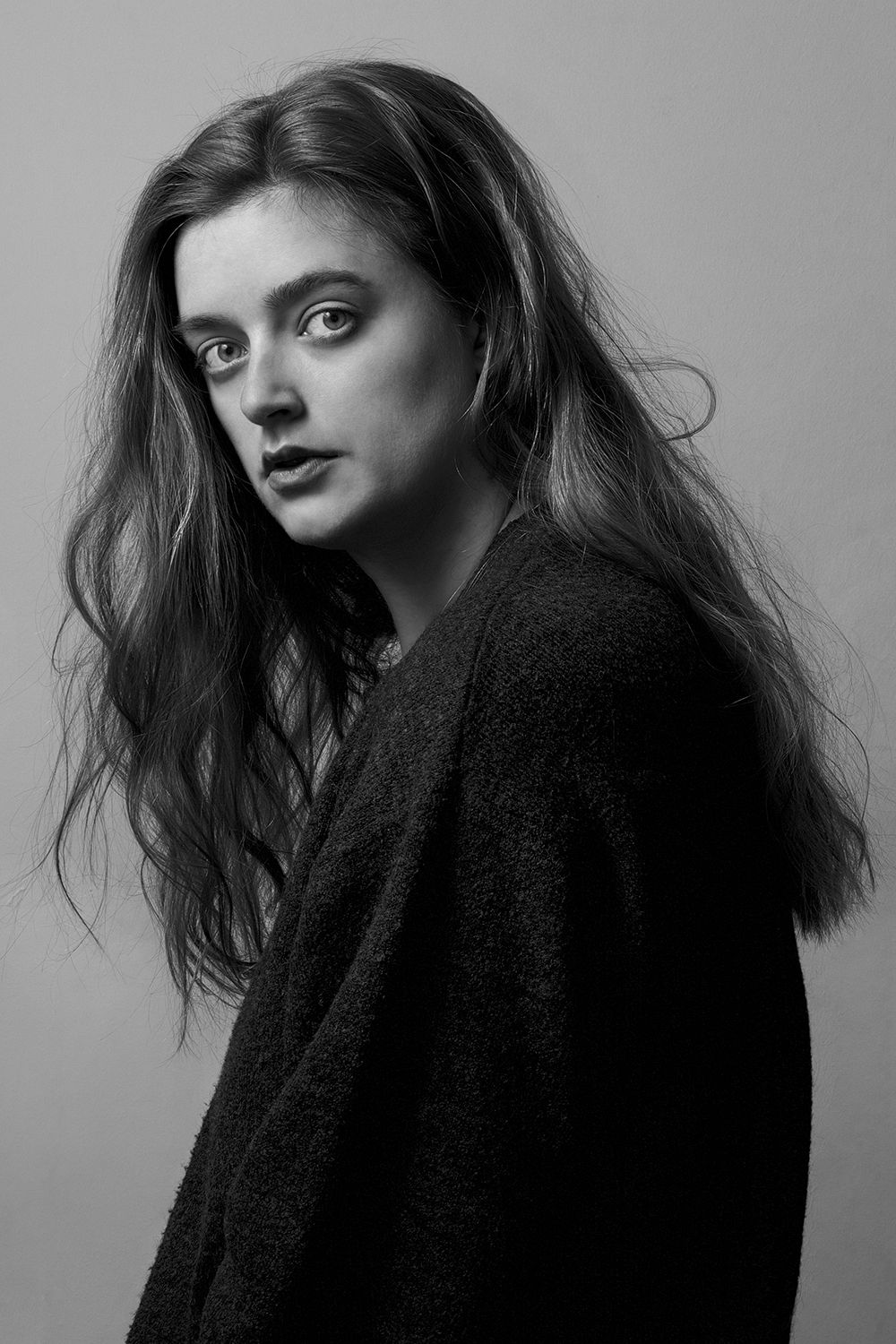
Sanne Gielens
Internship: Laurence Aëgerter
www.sannegielens.com/
sannegielens@gmail.com
www.instagram.com/sannegielens/
(Based in Rotterdam, the Netherlands)
I am an admirer. I have a passion; other peoples passion.
It is my motivation to hear as many stories as I possibly can,both good, bad and everything in between. For me, photography is all about lending an ear to others and letting them tell their unique story.
Within the documentary field of photography, my interests lie in social development surrounding humans and their behavior. My photographic style can be described as minimalistic, but very much involved and my projects start to form when exchanging information and letting me be part of their story. It is often a collaboration between me and a single subject, in which I play the underlying role. When standing in front of something or someone, instead of arranging it I arrange myself. In the end, my aim is not to provide answers, but by collaborating and presenting these stories I hope others see a connection or that it brings about a sense of recognitions within their own lives.
GRADUATION PROJECT
I Am Average
Your name can be something of great importance. It can identify your social status, your ethnic background or even hint at your educational level. Or at least the ones of your parents. A name forms a layer of identity around you. It’s a subtle influence, but one that will stick with you all of your life. Even when we meet someone new, the first thing we do is introduce ourselves with it. The people I met during the making of this project, did not have to introduce themselves to me, because we all carry the same name.
Since the name Sanne has originated, approximately over 27.000 Dutch children have been born with this name. Even since the late 1990’s it has been the number one name given to girls for a continuous number of years. I am one out of many and I feel I am average. This series is a search for my own individuality by looking at others. It is formed by a projection of my own insecurities and feelings that might be intertwined with a name we happen to share.
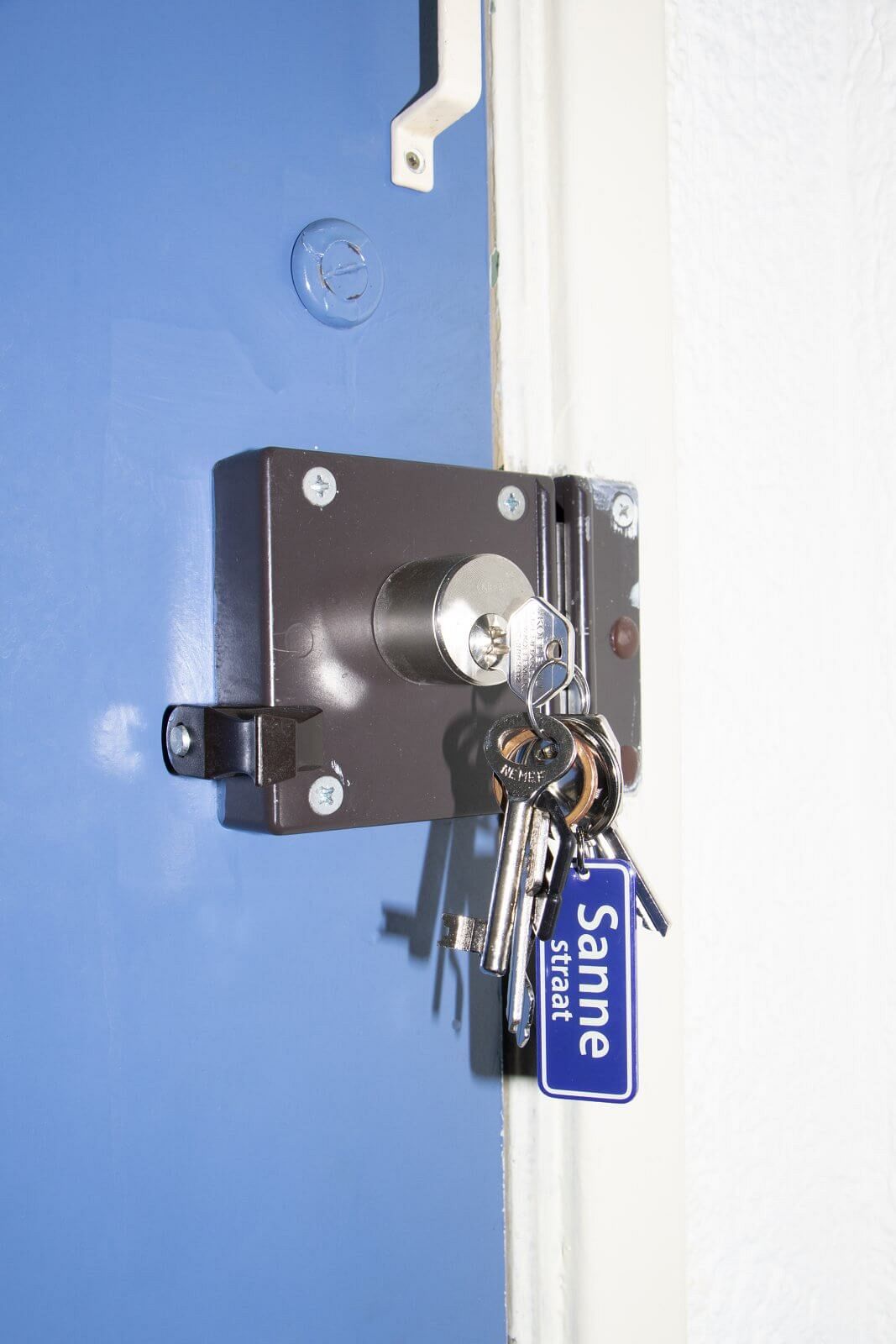
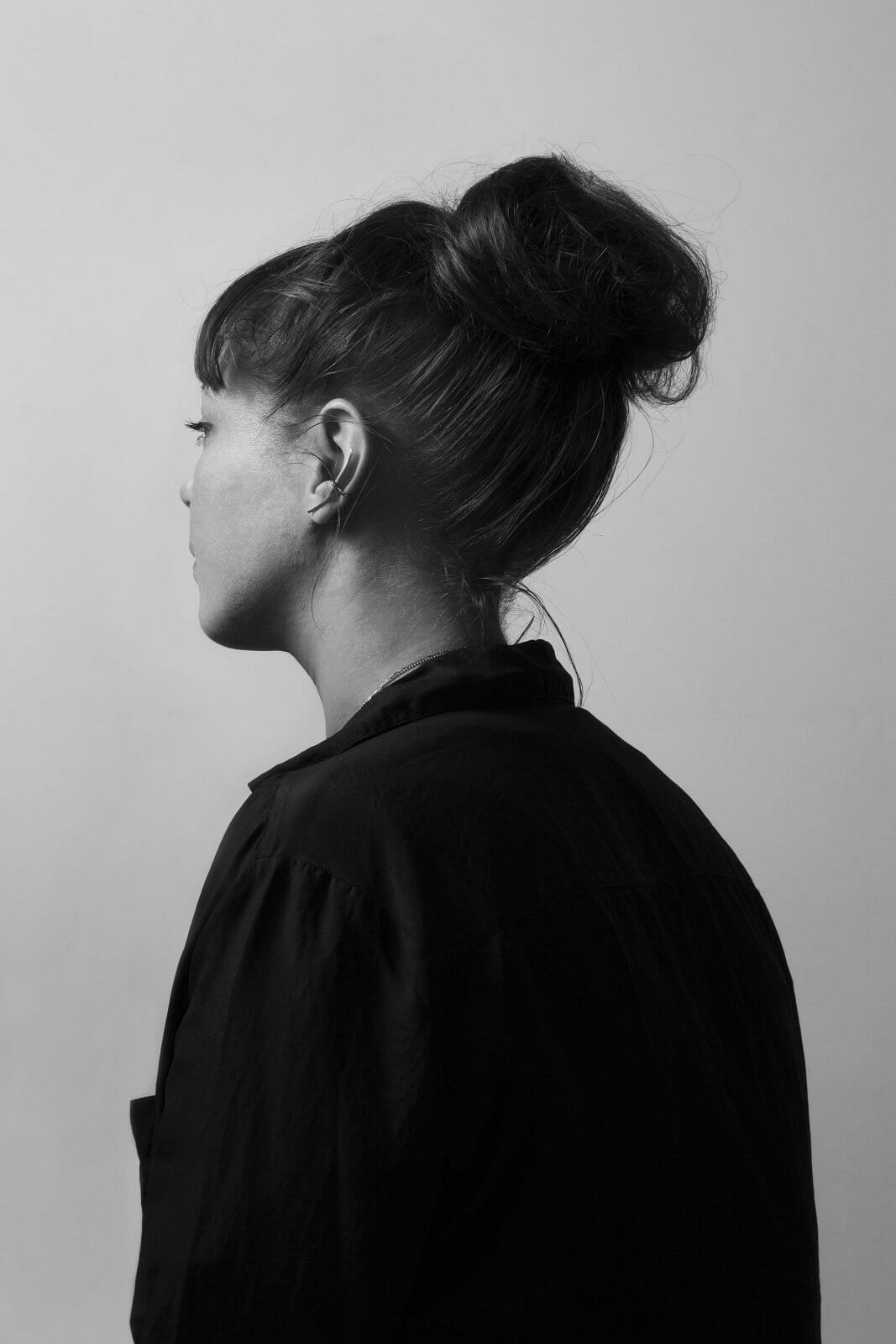
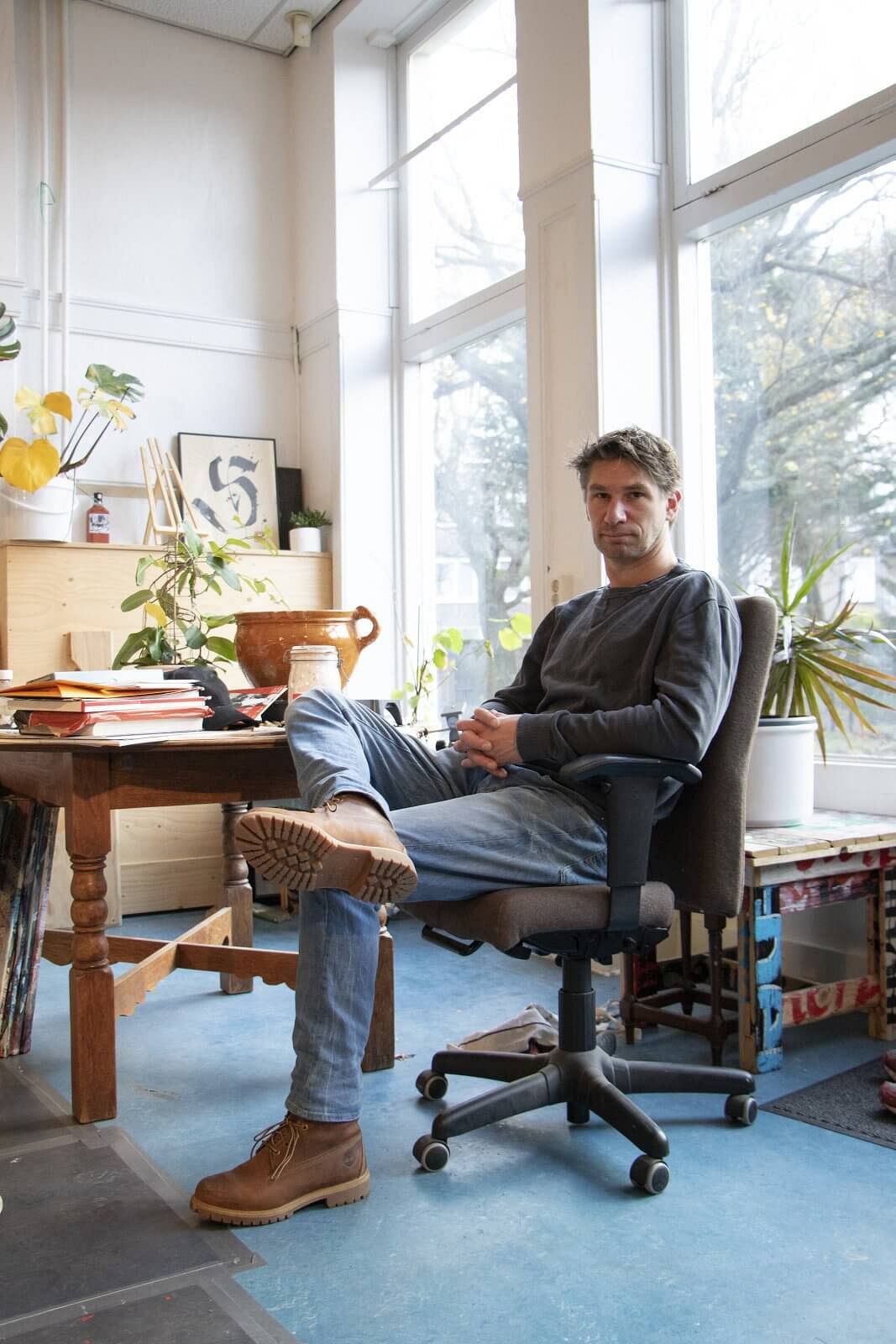

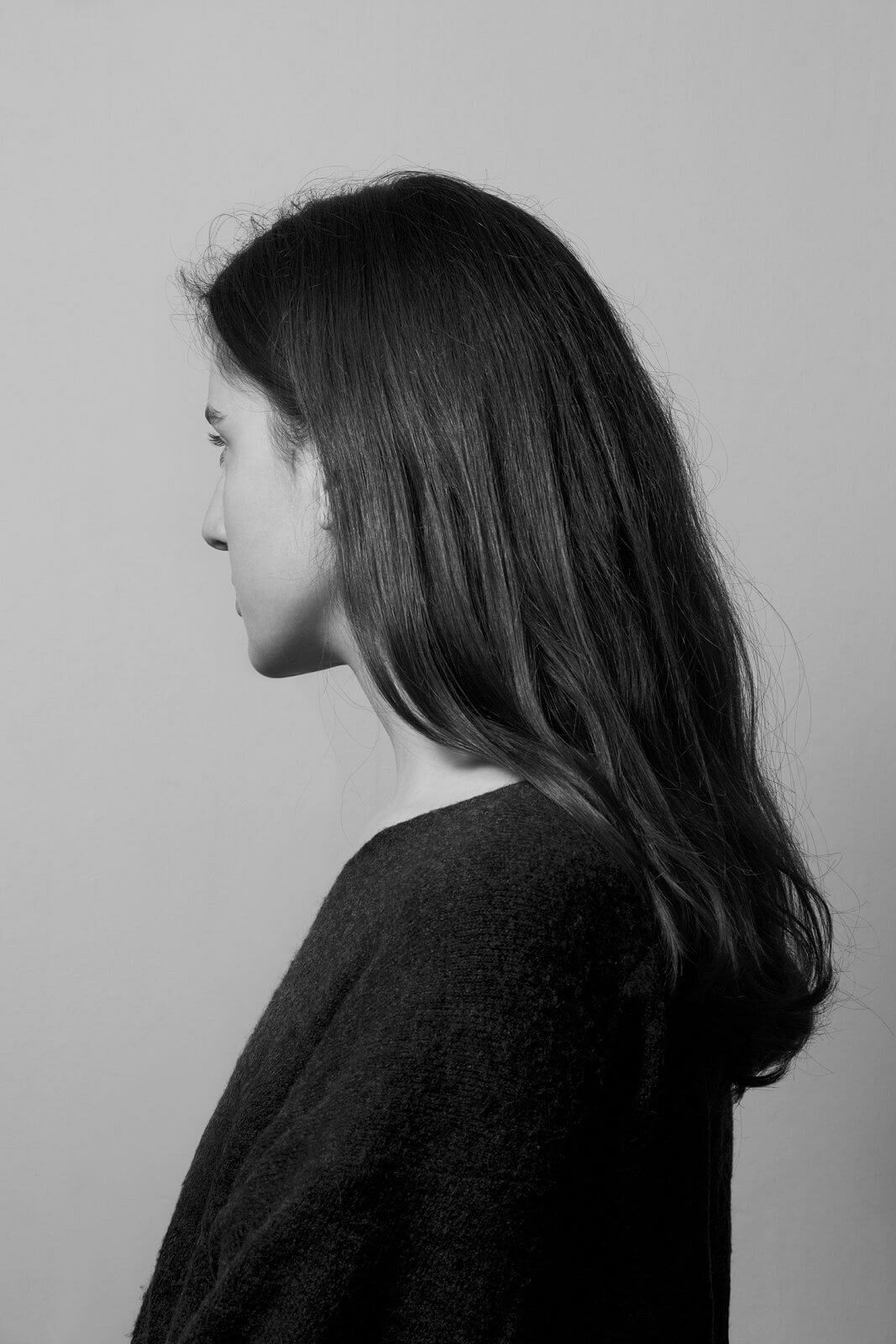
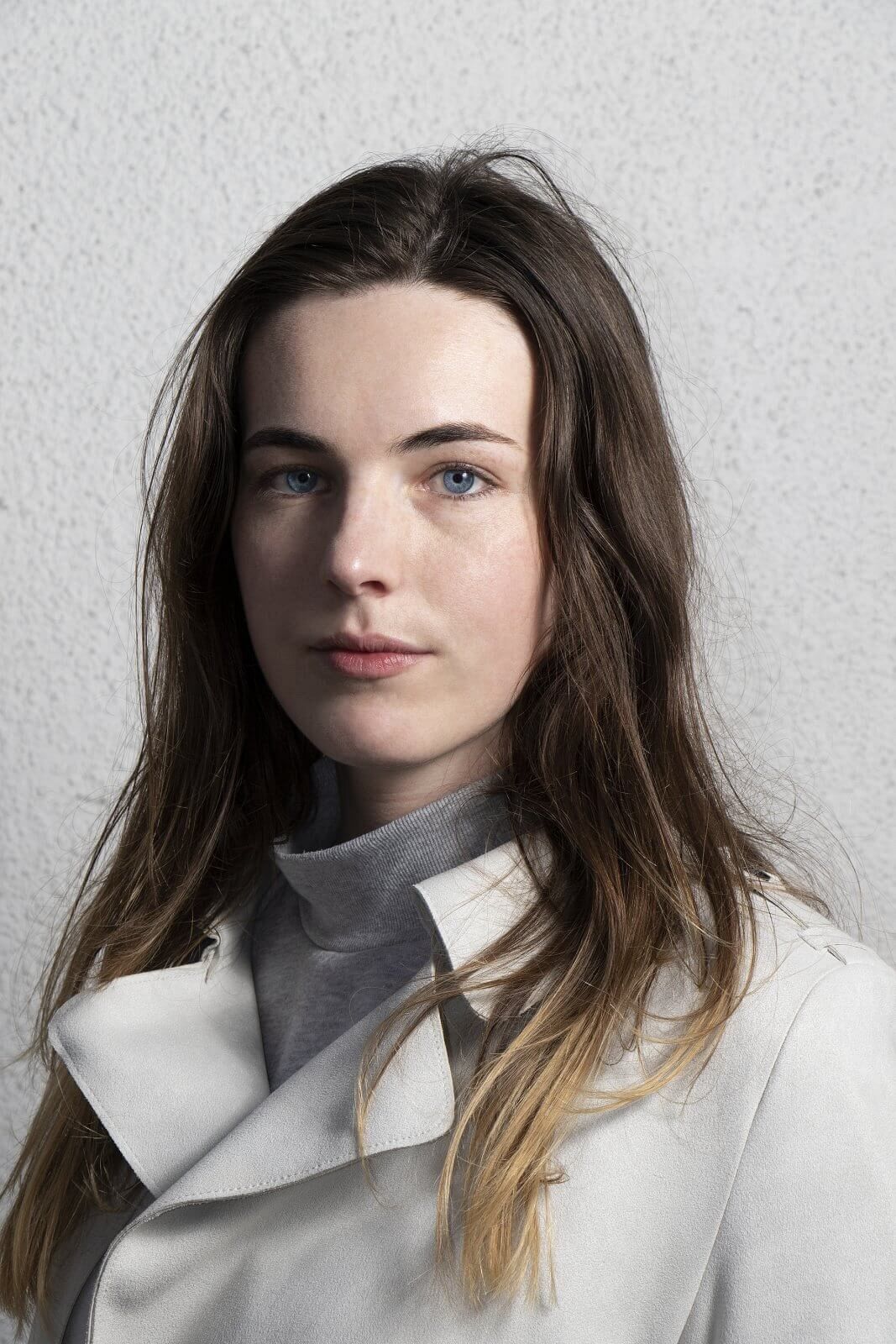
THESIS
Getting to see the Unseen and Overlooked
Big parts of my memories about my grandmother seem to be about her decline and the physical effects ageing had on her. Only photographs show me, that once, her hands were normal and not affected by rheumatism. Why are big parts of my memories of her about her decline and the terrible effects ageing had on her? Why do the pleasant recollections always go hand in hand with the negative ones? I firmly believe that my grandmother didn’t want to place herself in the box of ‘Struggling, Old Lady’, but I believe that this is a standard we have put on this group. The idea of a ‘failing body’ is something that we don’t seem able to accept. Disease, ageing, dying, all are a big part of our lives, but also big battles that we eventually have to face. We don’t want to think about these types of things but at the same time, living a long life is something that we all want. With this thesis, I hope to provide a broader insight into the visualization of this older generation. The goal is to bring the elderly back into the (visual) world. Because old age is a part of life as anything else. With this goal in mind, I have researched this topic by including statistics that give actual insight into this group. I also compared and analyzed different documentary projects with different mindsets and where the elderly are the protagonists. Lastly, I let the elders themselves express and tell their own experiences about getting older, instead of letting a third party, someone like me, a photographer, do all the talking. I’ve found out that the world is on the brink of a demographic milestone. The proportion of elderly people in western society is constantly rising. Since the beginning of recorded history, young children have outnumbered their elders. But in about five years’ time, we will soon have more elderly people than children and more and more people will live to an extreme old age than ever before. I began this thesis with the idea that “being seen” seemed to get lost as we aged. In our society, just like the differences in visualizing the concept of ageing, people have positive and negative views about getting older. Some people believe being old is equal to being sick and that you just cannot teach old dogs new tricks. While others believe old is having freedom, wisdom and enjoyment. I found that the elders themselves have a very clear mindset about ‘their situation’ and position in society. They expressed that getting older means change, loss and being able to do less or move slower while doing the same things when you were younger. But at the same time, because they were still able to do these things, they felt they were not old and that age is just a number.